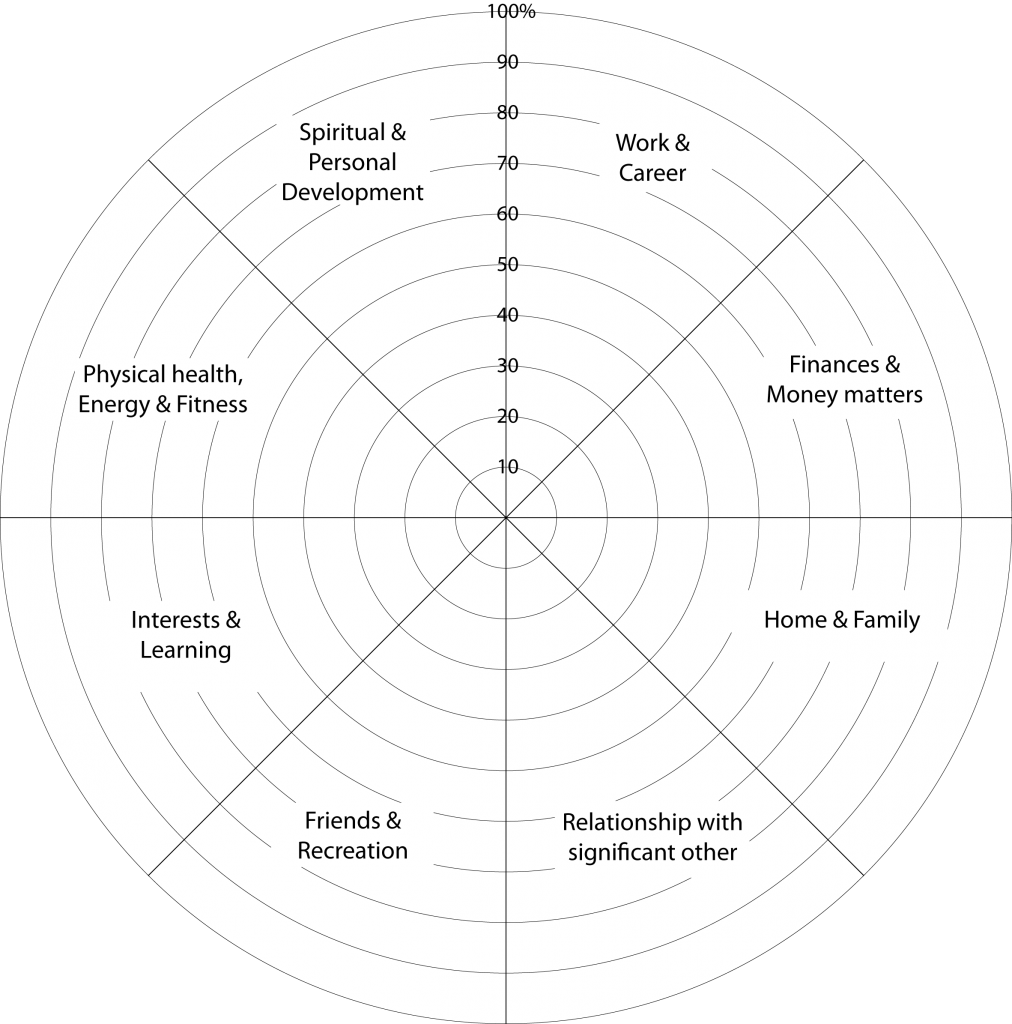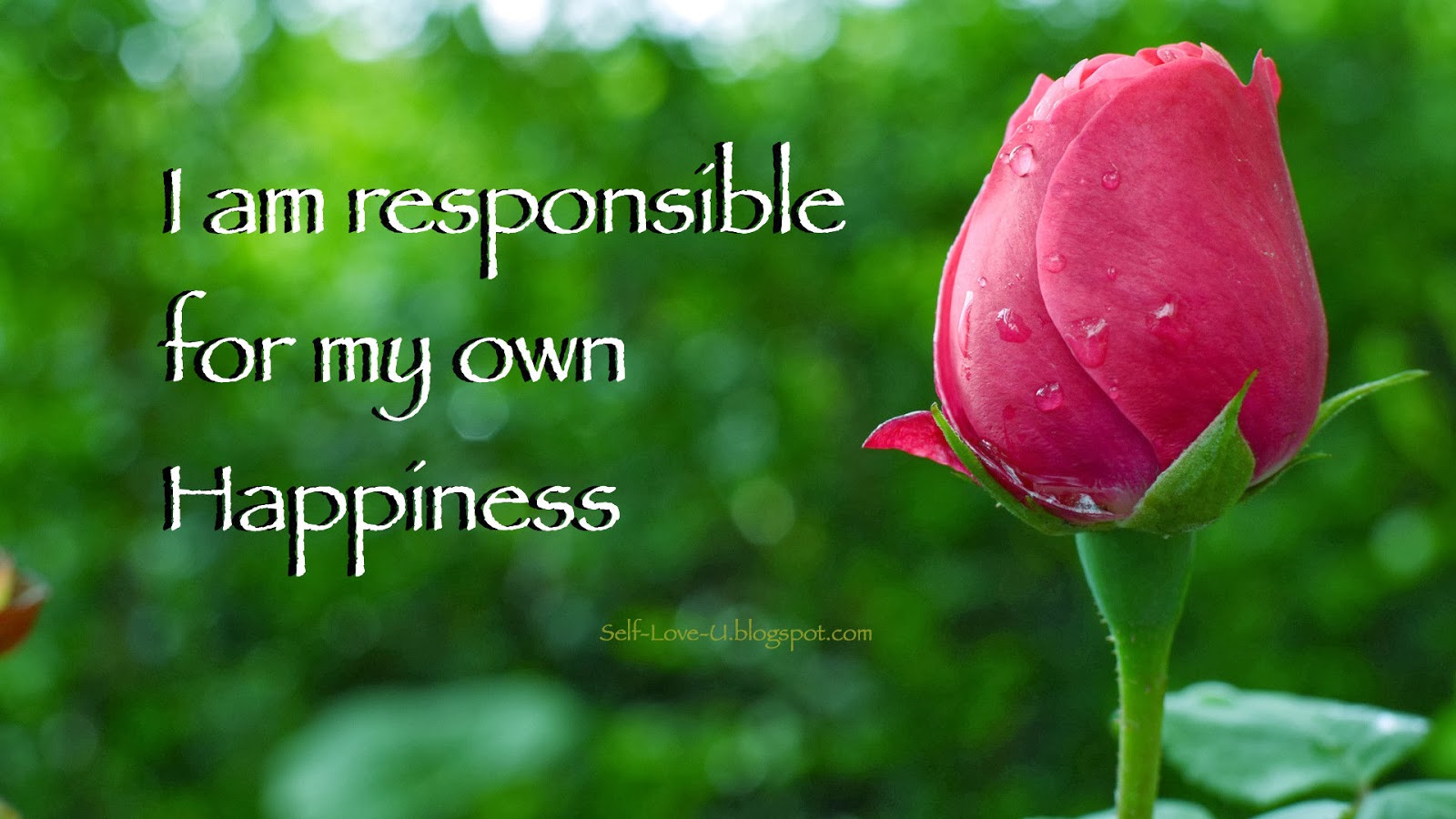The end of March has arrived. After nearly months of cold, wind, and gray skies, the weather is getting warmer and today the sun made an appearance. As the weather gets nicer, I hear a lot of my friends joking (or not joking) that their seasonal depression has instantly lifted. I’ve also noticed my own mood improving a bit with every walk to class that doesn’t require a parka and gloves. But this doesn’t mean it’s time to sit back on this path of understanding how to pursue long-term happiness.
Last time, I introduced two of the leading happiness theories. First, we talked about hedonism which evaluates a “good life” simply based on whether or not there were more good times than bad. The second theory, life satisfaction theory involves getting some validation that a life has been good or meaningful towards some bigger group or idea. This week let’s look at how to use these theories and others to create a sort of plan to follow towards reaching a goal of happiness.
Starting with hedonism, its strong suit is simplicity. No need to overcomplicate, no need to overthink, just a simple weighing of good vs. bad. To me, this almost feels too simple. It feels like on the larger scale of evaluating a whole life the ideology is too general to be truly helpful. Hedonists tend to prioritize doing what feels good or right in a moment, and avoiding things that are painful or draining. On paper this sounds great, but as a first-year engineering student I don’t see a way to avoid everything that’s draining and still achieve my goals. But that’s not to say there’s no value here. It’s certainly good to keep in mind that as Hedonists say, you only live once. Even if you can’t avoid every unpleasant thing, it’s possible to avoid some of them. Even more importantly, you can prioritize doing something each day that just makes you happy. For instance, I’ve been making time to go to the gym or watch my show on Netflix each day because these are things that make me happy. As a result, I’ve been feeling like my days have more good than bad, which by hedonistic definition makes them good days.

Sample template for measuring possible satisfaction areas
Image from Life Satisfaction Assessment – how satisfying is your life? (intawa.com.au)
I’m finding that at least for me, Life Satisfaction Theory is easier to apply than Hedonism. Under life satisfaction theory, you can feel happier but getting satisfaction from areas of your life. It could be relationships, fitness, academics, professional life, charity work, and more areas. Over the past few weeks, I’ve worked on prioritizing my relationships, fitness, and volunteer work more than I did last semester. I’ve noticed myself feeling more fulfilled by my days since I’m doing more than just school or work. In a way, this goes hand and hand with hedonist values since it involves leading a more balanced life and finding fulfillment in various areas. For me, pulling parts from each of these theories is making a difference and I hope that as I continue following these ideas, the results will be even better.
At the end of the day, I think these theories are helpful guidelines but should be thought of as nothing more than that. If you get too bogged down in the details, you could end up focusing on the wrong things. You know yourself and you can tell what makes you feel good if you listen to your gut. So, use whatever parts of the theories you want, but make it work for you.
 Image from Make Your Own Happiness Quotes. QuotesGram
Image from Make Your Own Happiness Quotes. QuotesGram
Until next time,
Avi
Sources
Life Satisfaction Theory & 4 Contributing Factors (+ Scale) (positivepsychology.com)
The True Meaning of Hedonism: A Philosophical Perspective (positivepsychology.com)
Your blog is very interesting because it causes me to reflect on my own life and my own happiness. The idea of hedonism is very interesting because as humans, we do want to avoid doing unpleasant activities. There are times where I do not want to study for a big exam or work on a big project. But sometimes I have to sacrifice some of my happiness in order to get things done. But it is also important to do whatever you can to make sure that you are happy in the one life that you get to live. Life satisfaction theory allows me to have that balance between being happy and being satisfied with the work that I have done, whether it is for school or for an internship/job. Nonetheless, I am a believer in the idea that we are responsible for our own happiness, and your blog contains a boatload of knowledge in explaining how that is the case.